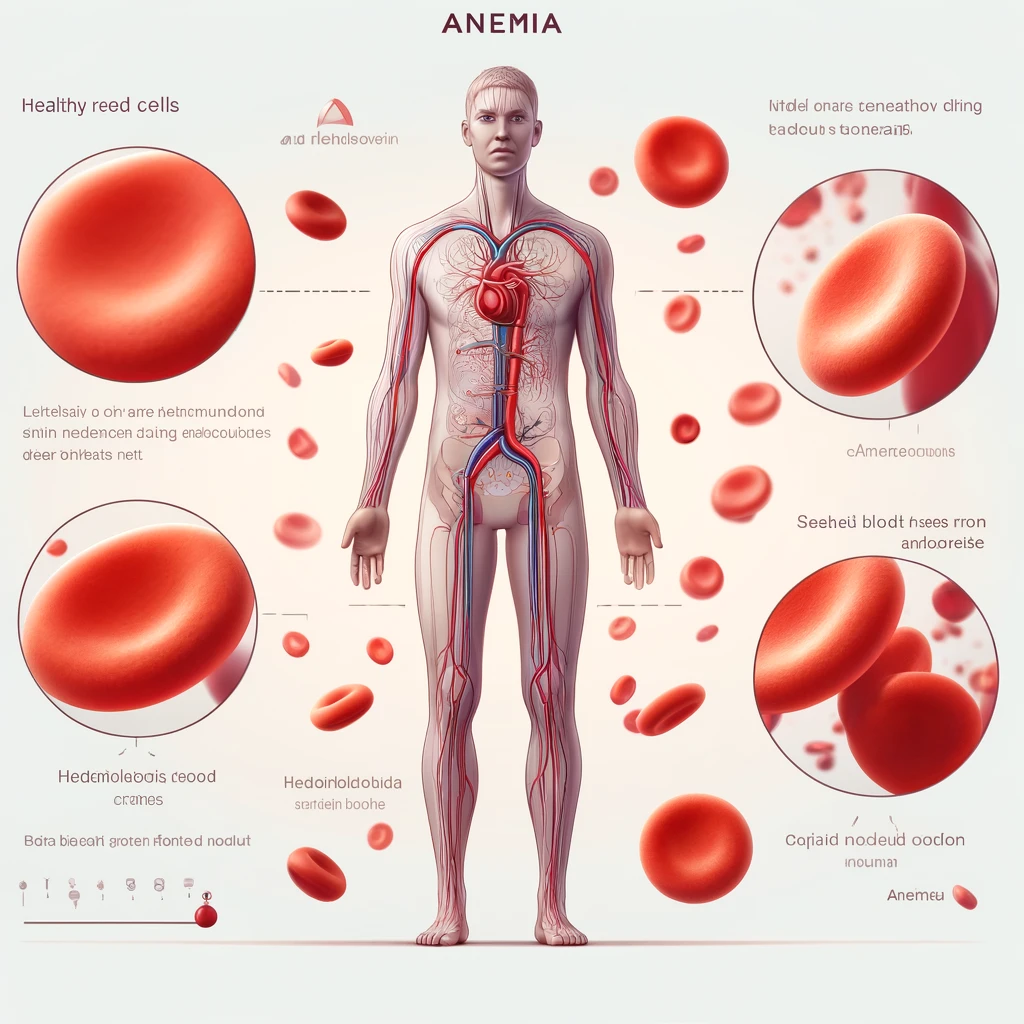Introduction
The possibility of pregnancy brings with it a mix of emotions, doubts and expectations. Knowing how to recognize the first signs can be crucial to starting prenatal care as soon as possible, ensuring the health of mother and baby. This article explores the early symptoms of pregnancy, as well as explaining the methods available for confirmation.
How to know if I'm pregnant? Understanding Early Signs and Symptoms
The first signs of pregnancy vary from woman to woman, but there are some common symptoms that may indicate conception. O menstrual delay is often the first clue, especially in women with regular cycles. Other symptoms include nausea and vomiting, commonly known as morning sickness, which can occur at any time of the day, changes in the breasts, such as sensitivity and increase, fatigue and an increase in urinary frequency. It is important to note that some women may experience mild symptoms or, in some cases, no symptoms at all in the early stages.
Physical and Emotional Changes
In addition to physical symptoms, pregnancy can also cause significant emotional changes. Mood swings due to hormonal fluctuations are common, ranging from extreme happiness to episodes of sadness or irritability. Physically, the body begins to prepare to support the baby's growth, which may include a slight increase in weight and an enlargement of the uterus noticeable on exams.
Home Pregnancy Tests
Home pregnancy tests are the first option for many women suspecting a pregnancy. These tests detect the presence of the hormone human chorionic gonadotropin (hCG) in urine, which is produced after the fertilized egg implants in the wall of the uterus. Most of these tests promise high accuracy after the first day of a missed period, but it is recommended to repeat the test a few days later to confirm the result. Accuracy may vary depending on the brand of test and following instructions.
Clinical Pregnancy Tests
For more accurate confirmation of pregnancy, clinical tests are the way to go. The blood test, known as quantitative Beta HCG, can detect very low levels of the hCG hormone, offering a reliable result as early as around 5 days after a missed period. Ultrasound, especially transvaginal ultrasound performed in the first trimester, can visualize the gestational sac in the uterine cavity, confirming pregnancy.
Consulting a Healthcare Professional
Regardless of the results obtained at home or doubts about the pregnancy, it is essential to consult a doctor. A healthcare professional can provide definitive confirmation of pregnancy through clinical examinations and advise on next steps. This initial consultation is also the time to discuss prenatal care, ask questions and plan pregnancy follow-up.
Understanding Pregnancy Test Results
After taking a pregnancy test, correctly interpreting the result is crucial. A positive result indicates the presence of the hCG hormone and, consequently, a pregnancy. However, a negative test does not completely rule out the possibility, especially if performed too early. False negatives can occur; so if in doubt, repeat the test a few days later or consult a healthcare professional for a more accurate blood test.
Pregnancy FAQ
- Is it possible to have a false positive pregnancy test? Although rare, false positives can occur due to certain medications, illnesses, or even after a very recent pregnancy event such as a miscarriage.
- How long should I wait to take a pregnancy test? It is recommended to wait at least a week after your missed period to take a home pregnancy test to increase the accuracy of the results.
- Can I completely trust home pregnancy tests? Home pregnancy tests are generally reliable, but they are not foolproof. For confirmation, especially in cases of a negative result with suspected pregnancy, a blood test or ultrasound is advisable.
Mythology and Common Misconceptions
Many myths surround early pregnancy detection, such as the idea that certain food cravings can confirm a pregnancy or that it is possible to determine the baby's sex by early symptoms. These beliefs have no scientific basis. Understanding and demystifying these misconceptions is important to avoid unnecessary confusion and anxiety during this crucial time.
- How can you tell if you are pregnant by squeezing your belly?No, it is not possible to determine if you are pregnant just by squeezing your belly. Pregnancy is accurately diagnosed through home pregnancy tests that detect the hormone hCG in urine, or through blood tests and ultrasounds performed by healthcare professionals. If you suspect pregnancy, the most advisable thing is to take a pregnancy test and consult a doctor for appropriate advice.








